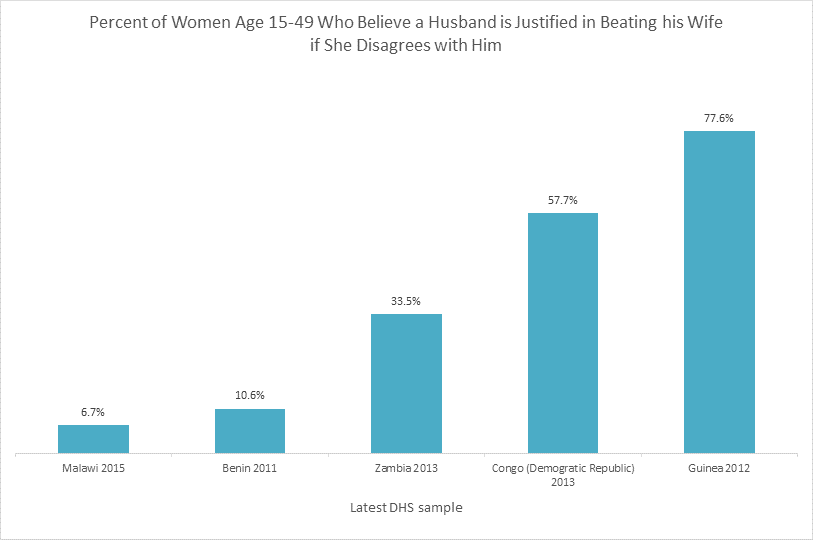Along with supplying information on the health of women and their children in low and middle income countries, the Demographic and Health Surveys supply essential information about the prevalence of, and attitudes toward, intimate partner violence. Figure 1 shows cross-country variation in the acceptability of intimate partner violence in selected Sub-Saharan African countries, based on the latest DHS surveys.
IPUMS FAQs: Missing U.S. Counties
At IPUMS we try to address every user’s questions and suggestions about our data. It is just one feature that adds value to IPUMS data. Over time, many questions are often repeated. In this blog series, we will be sharing some of those frequently asked questions. Maybe you’ll learn something, or perhaps you’ll just find these interesting. Regardless, we hope you enjoy.
Why are there so many missing U.S. counties in my data?
Equity and diversity is everyone’s everyday work
The Minnesota Population Center (MPC) is about demographics and numbers and what that data means for people in Minnesota and around the world. We are also working to increase diversity and inclusion in these fields, as can be seen in the MPC Summer Fellowship program, co-directed by Mia Riza and David Haynes.
IPUMS FAQs: Becoming an Approved IPUMS User
At IPUMS we try to address every user’s questions and suggestions about our data. It is just one feature that adds value to IPUMS data. Over time, many questions are often repeated. In a new blog series, we will be sharing some of these frequently asked questions. Maybe you’ll learn something, or perhaps you’ll just find these interesting. Regardless, we hope you enjoy.
Here’s one of those questions:
Why do I have to apply for different projects? And When will my application be approved?
IPUMS Terra: Speeding up Data Transformations

IPUMS Terra integrates population and environmental data by transforming data between microdata records describing individuals, area-level data records describing places, and grid-based raster data.
IPUMS-International and IPUMS-DHS Stats Education Outreach


As part of the 2017 Minnesota Population Center Diversity Fellowship program, the goal of our project—titled “IPUMS-International and IPUMS-DHS Stats Education Outreach”—was to develop exercises in basic statistics that were based on the IPUMS-International (census) and IPUMS-DHS (Demographic and Health Survey) datasets.
Where IPUMS Begins: The 1880 U.S. PUMS

The IPUMS journey to global domination dissemination is being celebrated this summer through an exhibit in the Seminar Room at the Minnesota Population Center.

